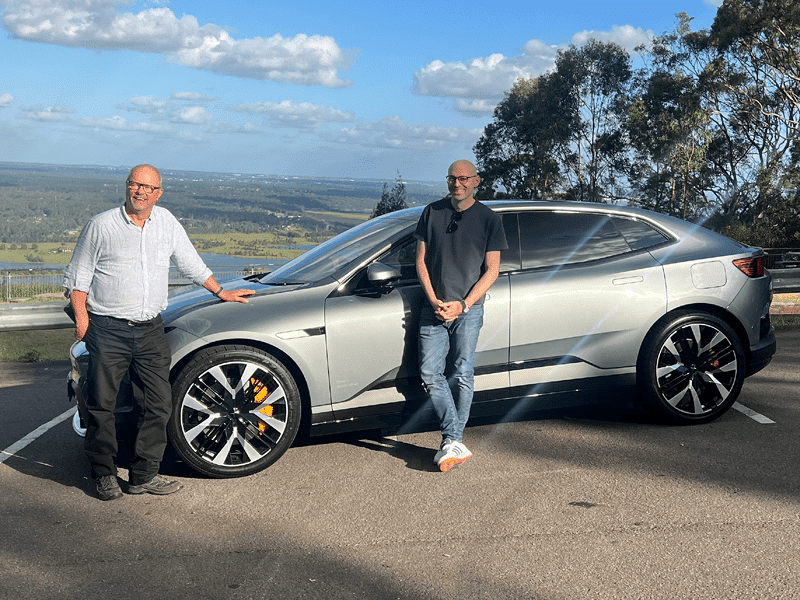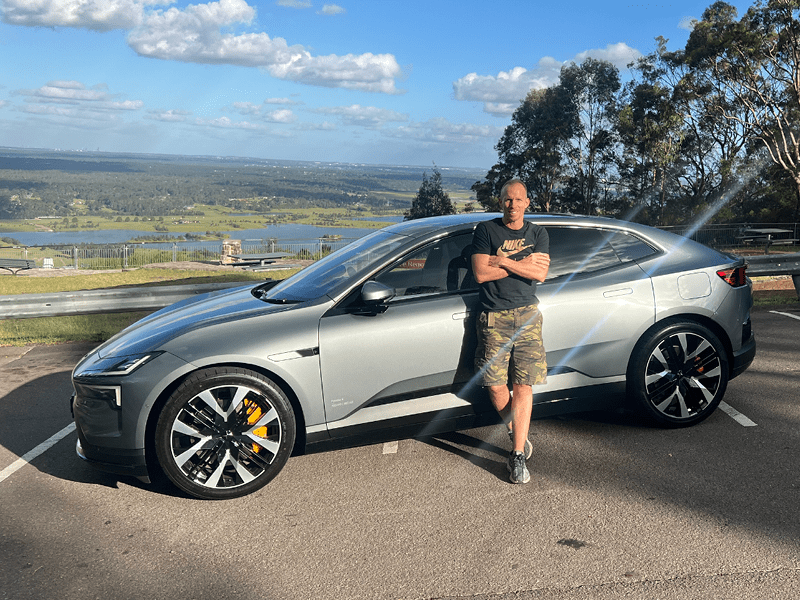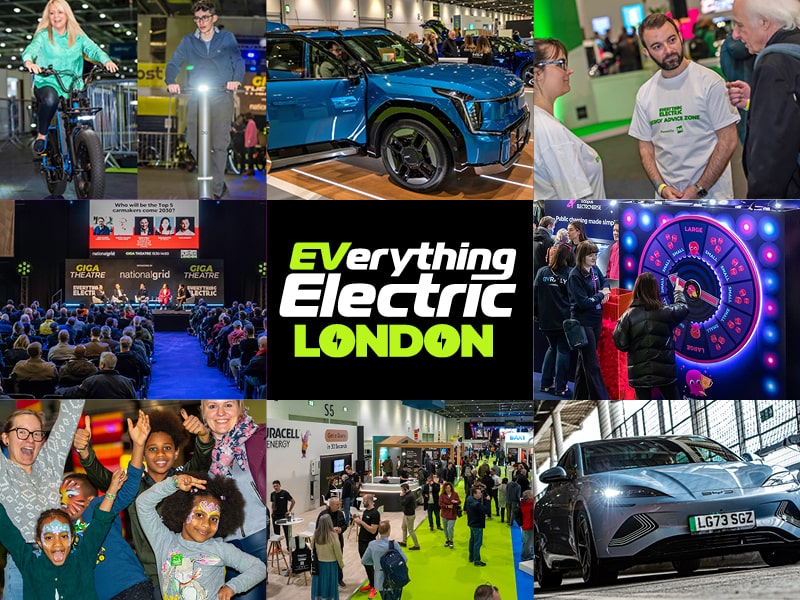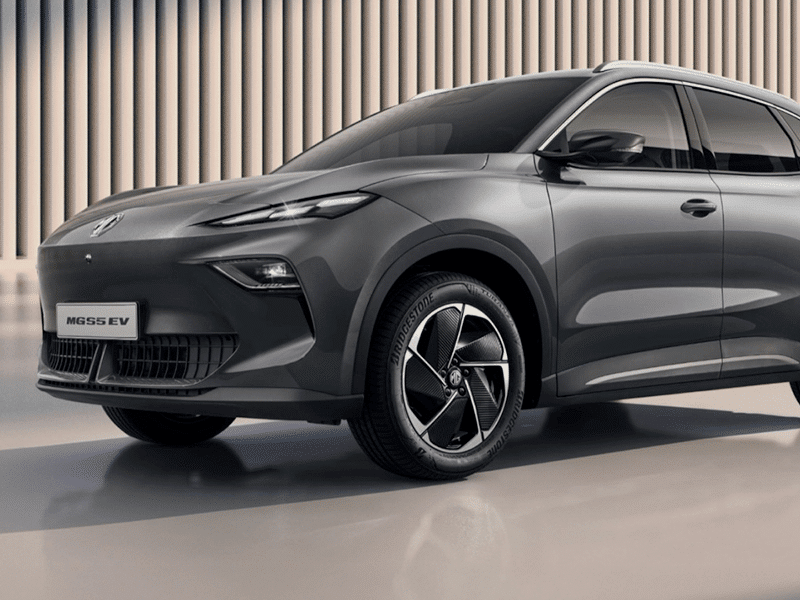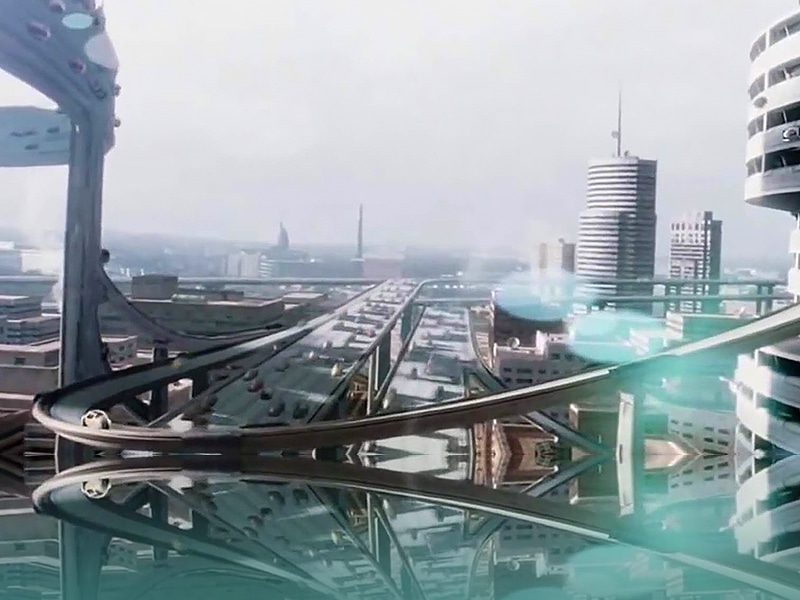
Stephen Spielberg's film adaptation of Philip K. Dick's 'The Minority Report' - set in 2054 - artfully employs a series of futuristic transportation tropes
When movie-makers create science fiction, they invariably envision roads in the sky, autonomous vehicles and flying cars, but maybe, just maybe the Cities of the Future could centre on some rather more mundane modes of transport.
While we aren’t ruling out rapid-response electric vertical take-off and landing (VTOL) drones that can save more lives by beating an ambulance across a city, it is more likely to be walking, biking and scooting that transforms urban transportation.
Our cities are changing at incredible speed. The original catalyser, air pollution, has suddenly been superseded by the ramifications of the coronavirus crisis, and it’s public transport that has taken a profound, potentially permanent, hit.
But attention will return to the air that we breathe, and already businesses like British Gas (a fossil-fuel centric firm) are seeing the clear benefits of zero tailpipe emission, pure electric vehicles, having placed an order for a thousand Vauxhall Vivaro-e vans.
With the introduction of Ultra Low Emission Zones (ULEZ) in cities like London, and numerous city-wide combustion engine vehicle bans, local leaders are not waiting for national governments, and cities are literally doing it for themselves.
To inspire further leadership, Fully Charged is launching its own Fully Charged CITIES initiative. Later this year one global city will be inducted by our expert panel, into our ‘Hall of Fame’, for its efforts in clean energy & clean transportation.

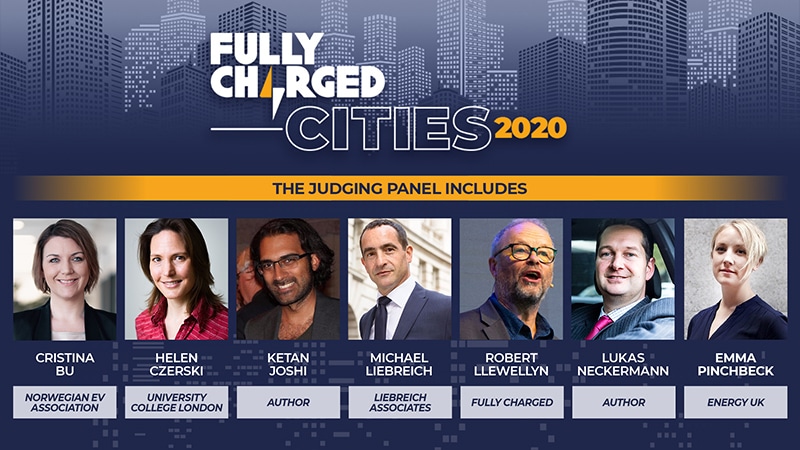

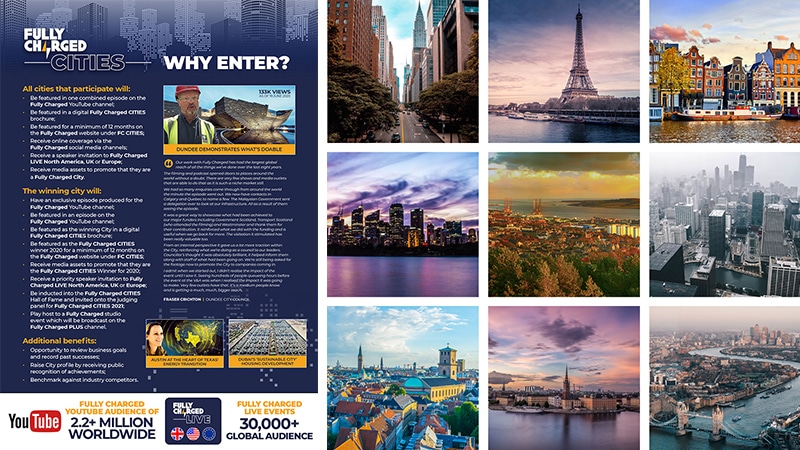
If you are involved at City (or large town) level in deploying clean technologies and believe it might be eligible, please email CITIES@FullyCharged.Show to receive further information and/or request a nomination pack.
Evidently, we will be looking for those that are deploying clean energy – such as rooftop solar or district heat – and for those that encourage electric trucks, vans and cars, but we also have to aim for a future that involves fewer cars too.
After all, arguably the greatest gains could come from persuading people to abandon their cars entirely and when walking or running can’t cut it, there are some ‘electrifying’ options en route.
The rapid rise of cycling has been big news of late, and in addition to ordinary bikes, electric bikes are making cycling a much more accessible alternative.
As of this weekend e-Scooters will be legal to rent in London, and while there is an understandable wariness around this technology, it can work well if deployed considerately.
The Fully Charged team have used e-Scooters in Australia and Austin, and they are highly effective (and enjoyable) when used responsibly; interestingly, for safety some e-Scooters can be geo-fenced to limit where they go, and how quickly too.
Both of these technologies are ones to watch, and having anticipated the rise of micro-mobility solutions in post-pandemic cities, our newest episode gets to grips with e-skateboards, e-scooters and an electric monowheel.
Additionally, we regularly cover Electric Bikes – see ‘Electric Bikes for Beginners‘ , ‘Go Cycle‘ and the evergreen episode “Schaeffler’s Bio-Hybrid.’
We also have shoots booked in with Swytch & VanMoof in the coming weeks, and Helen Czerski is going to look at last mile delivery solutions, in an episode on e-Cargo Bikes with Ginger.
Plus we have our eyes peeled for other left-field future technologies, not least some top-secret electric trikes which we think could be another exciting, underestimated alternative to cars.
So, when it comes to the Cities of the Future, it’s just possible that rather than rely on science fiction, we should instead look at the facts on the ground, as in the ancient city of Utrecht in the Netherlands with its 125,000 cyclists a day.
As we are fond of saying at Fully Charged: ‘The future is already here, it’s just not very evenly distributed’ – William Gibson
As always, let us know what you would like to see on Fully Charged; and as always, I can be found on Twitter.
Dan Caesar is MD of Fully Charged




